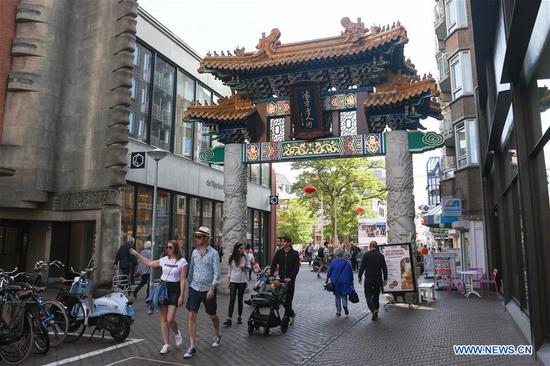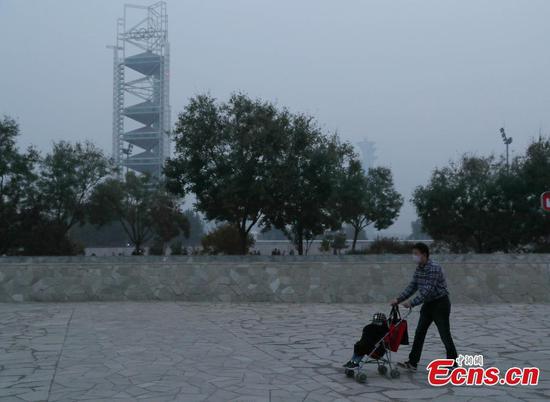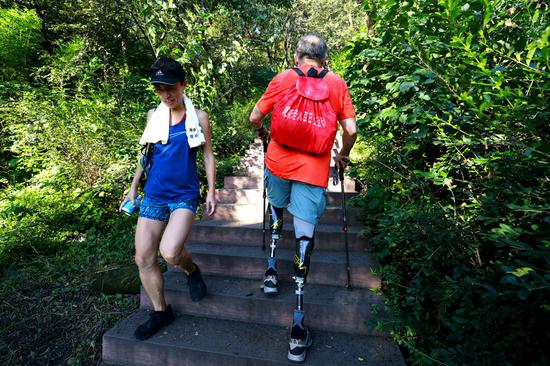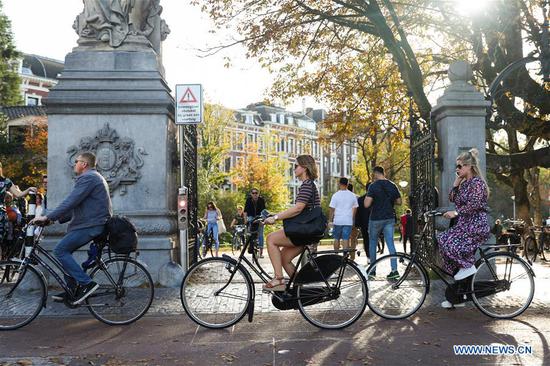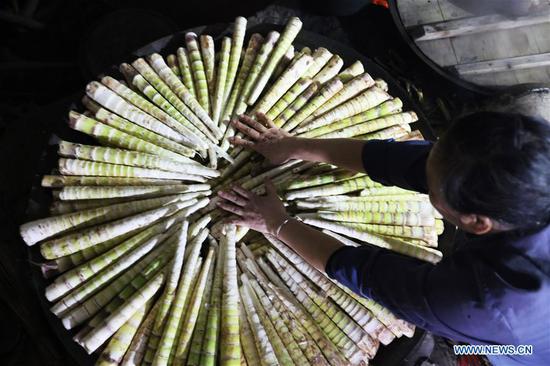Around 6,000 non-natives of Beijing will be able to get the city's hukou, or household registration status, through a new point-based household registration reform.
The Beijing municipal bureau of human resources and social security on Monday announced a name list of 6,019 people who had the most points among over 124,000 applicants for a Beijing hukou.
If no questions are raised about their points, these people, aged between 31 and 58 and from sectors including technology, manufacturing, finance, media, education and public health, can receive their hukou starting Oct. 23 this year until the end of 2020, said the bureau.
The status, much coveted by many non-natives, is a crucial document entitling residents to social welfare in Beijing. The highly-anticipated application for the household registration status in China's capital started April 16 and ended June 14.
For Wang Yong, chairman of Brand Union (Beijing) Consulting Co., Ltd., Monday is a memorable day as his name was on the list.
"This is a positive trial as it opens a new door for non-natives working in the city," said the doctorate holder who has been working in Beijing for 22 years.
"The point-based household registration system is a win-win," said a woman surnamed Hu who was also on the list. "The city can hardly develop without the contribution of non-natives and meanwhile, non-natives working in the city also need social welfare provided by the city government in all aspects," said Hu, who has been working in a think-tank in Beijing for 19 years.
Under the new policy, non-natives under the legal retirement age who have held a Beijing temporary residence permit with the city's social insurance records for seven consecutive years and are without a criminal record, are eligible to accumulate points for the hukou.
Those with good employment, higher payment of tax, stable homes in Beijing, strong educational background, and achievements in innovation and establishing start-ups in Beijing can get higher scores in the point-based competition for the city's hukou.
The point-based household registration policy is a practical choice for mega-cities like Beijing which have population control targets but still need to attract talent for quality growth.
In the pilot period, Beijing's quota for new hukou holders is set at 6,000 each year based on the city's development planning and population capacity, according to the Beijing municipal bureau of human resources and social security. By the end of 2017, the number of people holding a Beijing hukou reached 13.59 million, while the city's permanent population totaled 21.7 million.
Beijing plans to cap its population at 23 million by 2020 and also in the long term, as it seeks to address "big city diseases" such as traffic congestion and pollution.
Point-based household registration has also been piloted in cities like Shanghai. It has proved to be effective in satisfying the demand for personnel flow while limiting rapid growth of urban population.


















